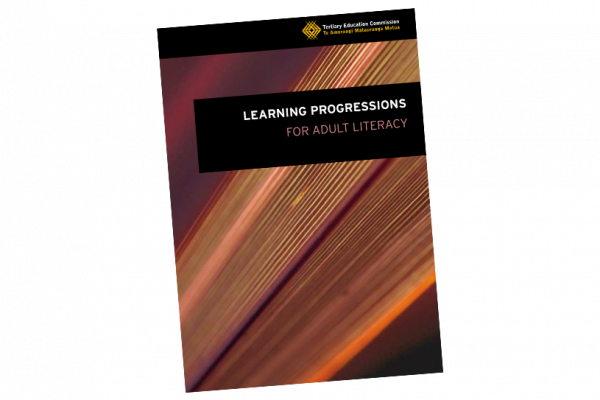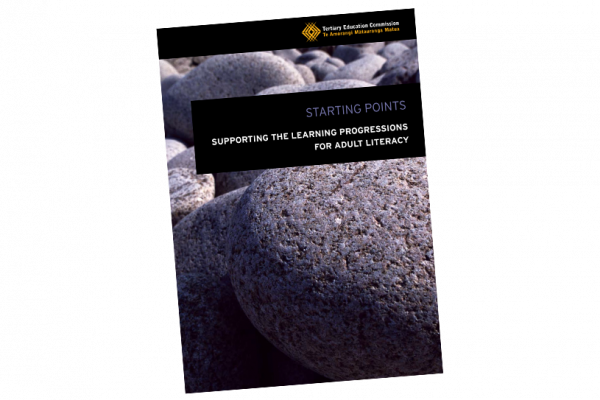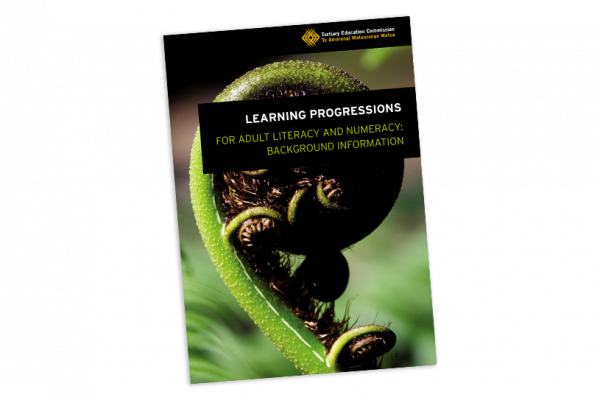Guide
Starting Points | Assessment Guide
LNAAT,
LLN assessment,
Foundation education,
Adult literacy,
LLN,
Adult and community education,
Literacy and numeracy skills,
Learning Progressions
Published: 30 June 2010
A guide to assessing adults who are operating below the steps described in the Learning Progressions for Adult Literacy.
The primary aim of Starting Points: Assessment Guide is to give tertiary teachers a framework for assessing adults who are beginning to read and write. A must-read and useful starting point for anyone interested in supporting adults who operate below the steps described in the Learning Progressions.
- The guide has been developed to support Starting Points: Supporting the Learning Progressions for Adult Literacy
- It provides suggestions for assessing adults who are operating below the steps described in the Learning Progressions for Adult Literacy
- Educators of ESoL learners can also refer to the English Language Partners New Zealand website.
- An assessment of an adult literacy learner aims to achieve three key goals.
- They include:
- identify the learner’s strengths and areas that need to be worked on in order to set appropriate goals and plan instruction;
- continuously inform instruction, with relevant feedback provided to both the learner and the educator;
- and study the outcomes of instruction for reporting purposes (to identify the learner’s gains over time and provide information for evaluating adult literacy programmes).
- When an adult has very low reading and writing skills, any assessments must be fine-grained and specific to determine exactly what the learner’s skills and needs are in order to maximise the effectiveness of future instruction.
- The Literacy and Numeracy for Adults Assessment Tool also has online Starting Points assessment options.


